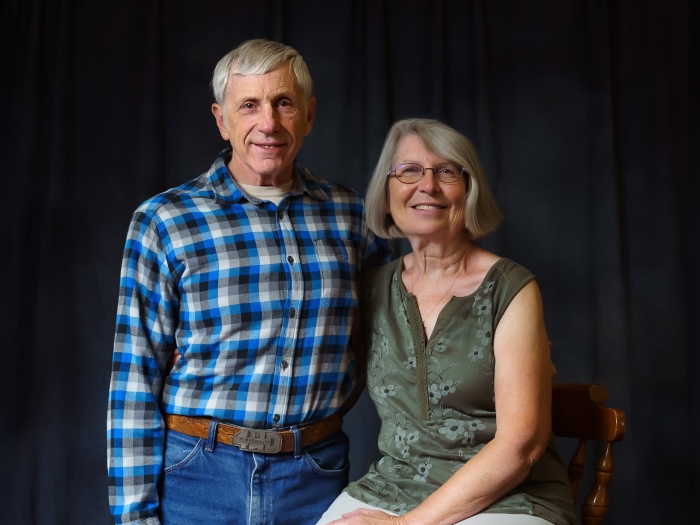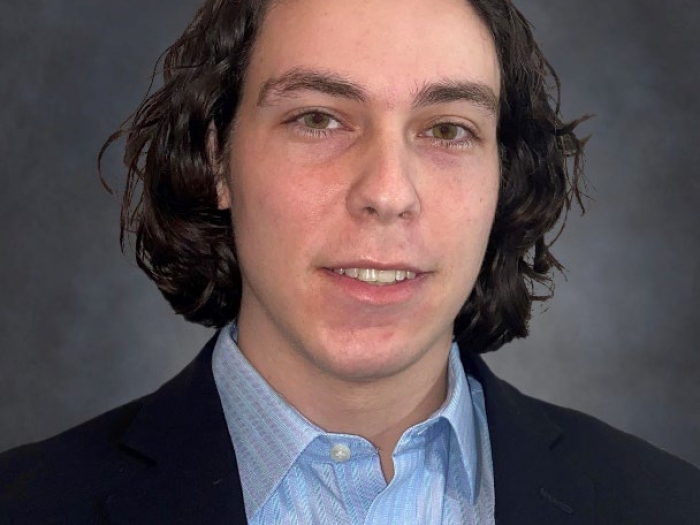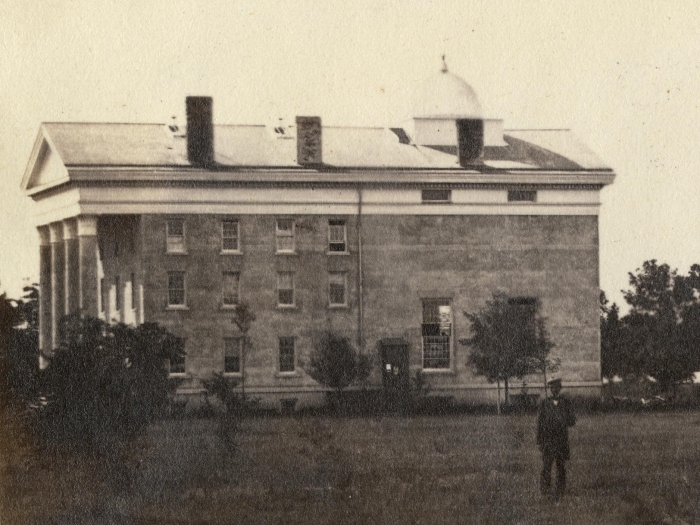Last week as an informal addition to my surgery curriculum I decided to participate in the 2011 Fast-a-thon. In case you didn't catch the short piece about it on NPR, the UMMS Fast-a-thon is a chance for non-Muslim medical students, staff, and faculty to fast for one day during Ramadan with the Muslim Medical Students Association. They organize a beautiful fast-breaking dinner at 8:30pm (this year – I think it's much earlier when the 9th lunar month falls in the winter!) along with a program of speakers. I was not sure how fasting would work with my surgery schedule. I ended up being in clinic that day, which was probably for the best, and I discovered that I spent most of the morning thinking about the fact that I wasn't eating. I didn't feel very meditative, and I certainly felt awful for all of the patients on the floor that we had made NPO (read: nothing by mouth) that overnight in preparation for procedures later in the day.
As the day went on, however, I started to feel a bit more reflective. I realized that much of the eating I do during the day is purely social, and that even through the first six and a half weeks of my surgery rotation I had rarely experienced hunger. Part of this is because the operating room is as engrossing as it is consuming, but part of it is because I've already eaten several meals before the first case starts and can rest assured that I will eat again as soon as I get out. As clinic wrapped up and I started to feel a little irritable, I reminded myself that later in the evening I would have a delicious feast. I must admit I felt a little petulant as I complained to a friend about my hunger on a day during which I was supposed to reflect on global food shortages and my own relative position of privilege.
When the time came to break the fast, I wondered what it would be like to repeat this sequence of events every day for a month, or to be unable to eat after surgery waiting for the doctors to give the okay. To be honest, I still can't imagine it, even after fasting myself for a day. But empathy, as Dr. Mangrulkar so eloquently pointed out during his reflections, doesn't require that I experience exactly what my Muslim colleagues, or my patients experience, it is, according to Wikipedia, simply "the capacity to recognize and, to some extent, share feelings … that are being experienced by another."

Department of Communication at Michigan Medicine
Want top health & research news weekly? Sign up for Health Lab’s newsletters today!




